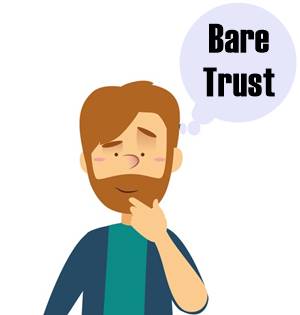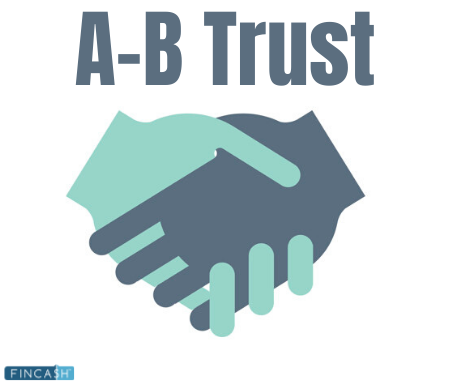
Table of Contents
Bare Trust
What is a Bare Trust?
A bare trust is a fundamental trust wherein the beneficiary has the liberty to the assets and Capital within the trust and the Income generated from these assets. These assets are held in the trustee’s name, who gets the responsibility to manage the trust assets in a practical manner to create maximum advantage for the beneficiary.

However, the trustee gets no say in when or how the income or capital of the trust is distributed.
How Does it Work?
Also known as naked or simple trusts, bare trusts are extensively used by grandparents and parents to transfer their assets to grandchildren or children. The rules of bare trust enables beneficiaries to decide when they wish to recover the assets of the trust.
The beneficiaries get the freedom to use the income and capital inherited from bare trusts as and how they please. Basically, this trust is established with a settlement Deed or a trust declaration. In the simple form, the assets gave by the individual who set up the trust are owned by the beneficiary and trustee.
However, in bare trust, the trustee gets no powers whatsoever. They have to act according to the instructions of beneficiaries. There are some essential differences between this trust and other types. Income generated from trust assets, like rent, dividends, and interest, is taxed to the beneficiary as he is the legal owner.
This condition can provide tax relief to the beneficiaries in case they are earning a low income. Also, beneficiaries will have to report the generated income from the trust assets if it is more than the annual exemption.
This tax is levied on the settlor or creator of the trust, but in case the beneficiary is less than 18 years of age. For instance, if a person is opening a bare trust for an infant, he would have to pay Taxes on the generated income until the infant reaches 18 years of age.
Talk to our investment specialist
Inheritance Tax of Bare Trusts
Furthermore, beneficiaries could also be responsible for paying Inheritance tax if the settlor or creator dies within seven years of establishing that trust. However, if the settlor outlives these seven years, no inheritance tax will have to be paid. Also, once the beneficiaries have been settled, this decision cannot be reversed.
All efforts have been made to ensure the information provided here is accurate. However, no guarantees are made regarding correctness of data. Please verify with scheme information document before making any investment.









